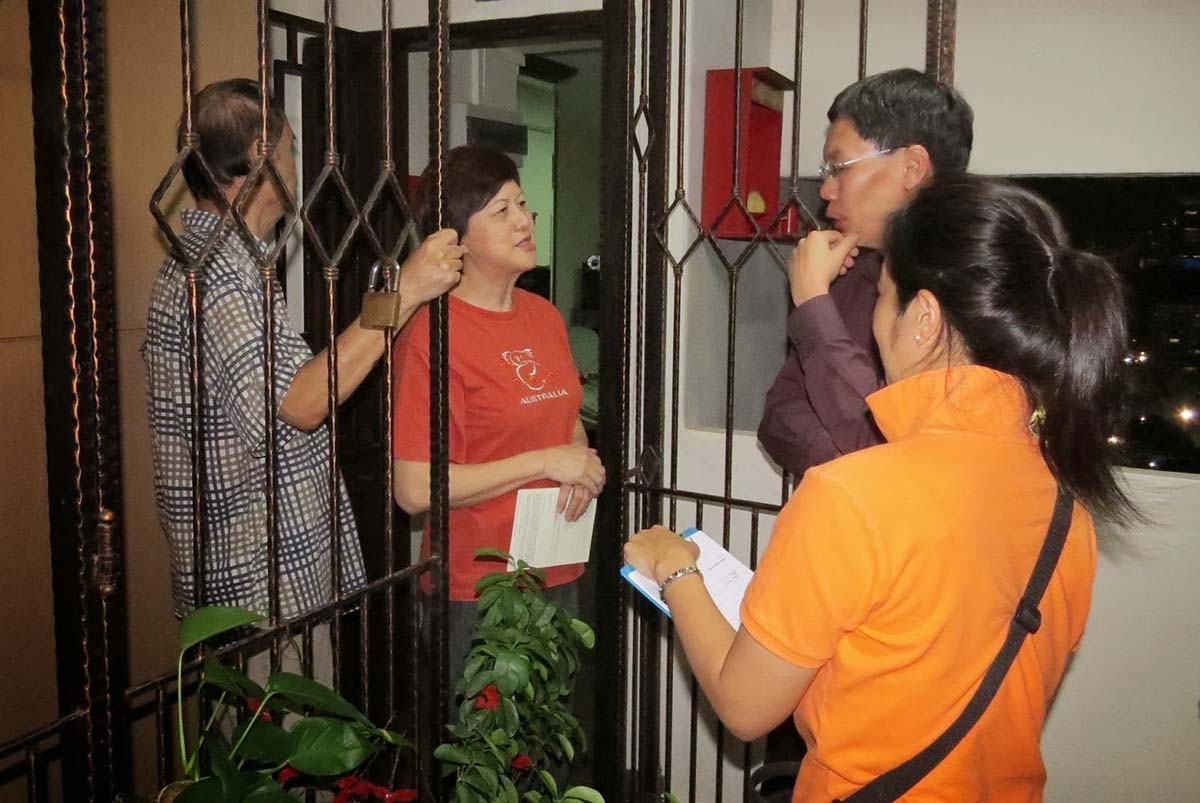Let’s face it — though we try to be the best neighbours, disputes can still arise sometimes due to noise pollution, littering or unkind words spoken.
How do you solve disputes without bringing in the authorities and souring relations even further?
Here are 3 steps you can take to quickly mediate disputes independently or with the help of a neutral third party (unless the issue is a legal matter).
1. Communicate with your neighbour
Many disputes arise from misunderstandings, miscommunication and misalignment of interests. It’s always best to prevent friction with your neighbours through communication instead of solving them, so this should always be your first resort. Unlike disputes brought to legal attention, resolving disputes by yourselves will take much lesser time — maybe just a few minutes! Here are some tips adapted from HDB that can help you to manage tricky situations with your neighbour:
Before the conversation:
- Cool down before you approach your neighbour. Avoid doing it while you are still angry as this may upset your neighbour.
- Identify the best time to approach your neighbour so that they are free for a conversation
- Work out what you want to say before you speak to your neighbour.
During the conversation:
- Don't lose your temper as this would escalate tensions, ruining your chances of arriving at a mutually agreeable solution.
- Keep calm and be polite while you attempt to talk things through.
Ending the conversation:
- Thank your neighbour for his/her time and leave on a friendly note.
- Give it some time to see if the problem has been solved.
2. Contact your grassroots leader
Did you know that mutually agreeable solutions have a higher chance of being sustained? But even with the best intentions and the most polite tone, your neighbours could still refuse to cooperate with you. In that case, you could approach your Grassroots leaders at your nearest Community Centre or the nearest Residents’ Committee to air your concerns so they can help you and your neighbour work through your issues.
3. Go to a mediation centre
Settling conflicts on your own is free! But if you do have to reach out to a professionally trained third party, here is an affordable option for you. If agreeable, you and your neighbour could visit a mediation centre such as the Community Mediation Centre (CMC). You and your neighbour both have the chance to work with a professionally trained volunteer mediator to arrive at a mutually agreeable solution.
You’ll only need to pay a one-time administrative fee of $5 and each session is typically 2 hours long so there is no dragging out of conflicts. If required, a free re-mediation session can also be organized 3 months from the previous session.
After mediating your conflict, there’ll be a higher chance of mending your relationship and minimising any awkward tensions. Who knows, there might even be a stronger bond between the both of you.









